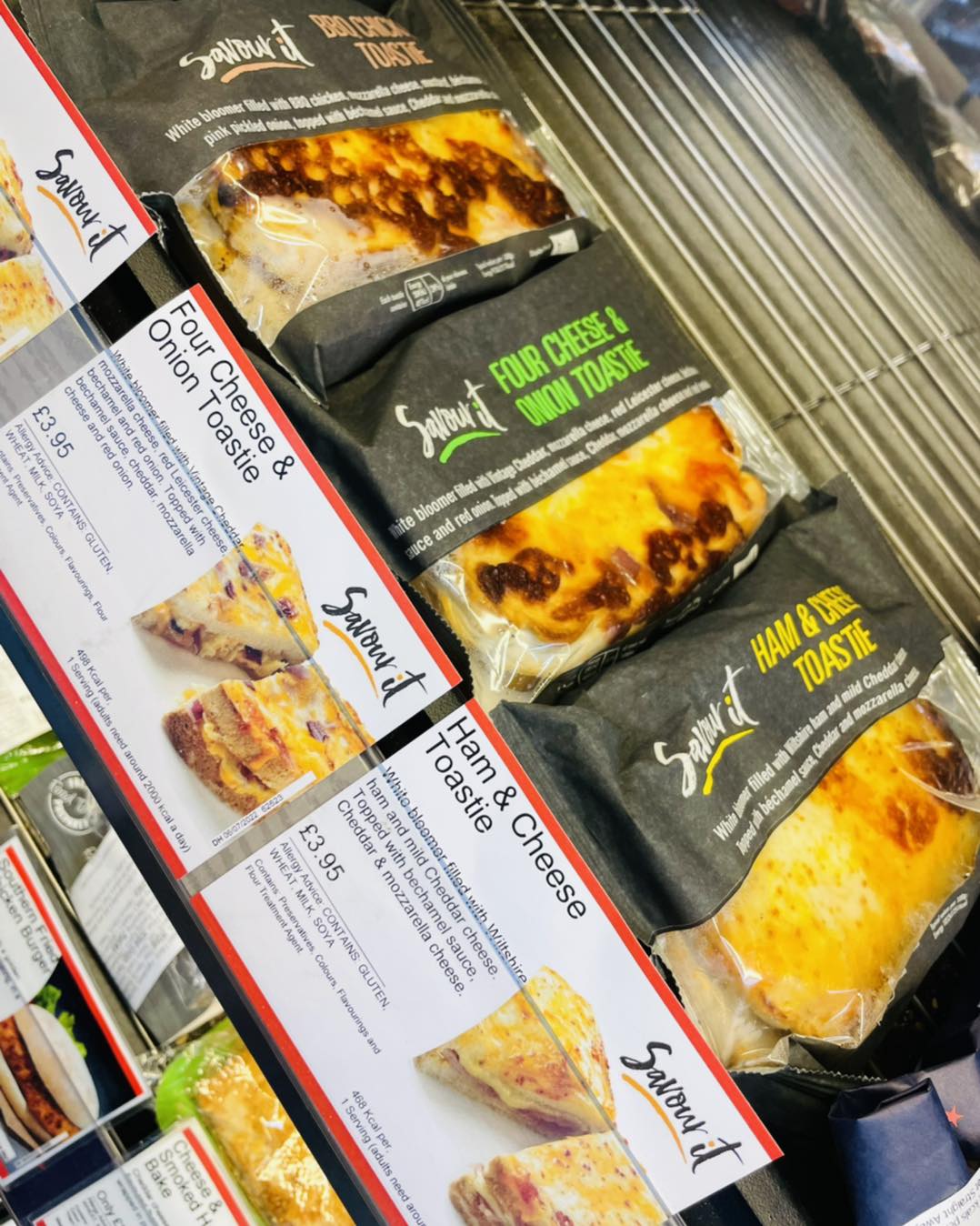The rollout of Asda Express and conversions from McColl’s to Morrisons Daily will drive other convenience stores to up their game on food to go, according to leading food to go equipment provider Fri-Jado UK.
Gary Thacker, the firm’s UK sales director, told Better Retailing the inclusion of respected brands like Leon in Asda’s new convenience chain and Morrisons in former McColl’s sites will change consumer expectations of food to go. “As they role out those c-store offerings with better quality food to go, others will have to follow suit,” he said.
Fri-Jado produces hot and cold displays, ovens and more, with a new range of super-compact display units suited to the convenience market, a retail segment he described as Fri-Jado’s big opportunity for 2023.
He explained this is because independent convenience stores have the largest potential for growth in hot and cold food to go, fuelled by these rising standards and cuts to fresh counters at large supermarkets such as Tesco and Sainsbury’s. “These are opportunities for enterprising store owners to use counters, especially in market towns. That’s where we’re going to see a change. The interest in our products will come from that independent market,” he said.
EXCLUSIVE: Bubble tea concept bags 80 sales per day for partnered retailers
Asked about the developments making hot food to go simpler for local stores, he responded: “What we’re starting to see is more of the food suppliers creating their own concessions, the likes of Proper Cornish and Rollover. Everyone wants to take a piece of the Country Choice and Cuisine de France models that can work for that independent market.”
This trend also involves simple steps stores need to follow to grow the value of hot and cold food to go, including meal deals, packaging that better attracts impulse shoppers, building a ‘food-to-go store in-store’ experience and going beyond the ‘white van man’ audience.
On meal deals, he advised: “Multiples talk about the £5 meal. Instead of driving a 80p sausage roll, local shops can drive a £3-4 deal, it might be for breakfast, with a newspaper or a hot drink or it might be a lasagne and a salad deal for lunch. Indies can do this simply and multiples can’t and that’s where they can stand out.”
Discussing packaging, Thacker told Better Retailing: “It’s really important to get right but too many forget about it, you get a sausage roll in a cookie bag for instance, the quality won’t be there. Hot sales are impulse, so how do you make it attractive enough in packaging to drive impulse sales?”
Urban Eat relaunches Roots plant-based range
While local stores often see slush, coffee and other standalone units as the basis of their ‘to go’ model, the Fri-Jado director said integrating hot and cold food into the section was key, explaining: “With some stores you’ve got a Tango machine, a donut offer, Rollover and a coffee brand and it’s all so mish-mashed, but if you had hot and cold serve in the same offer it starts to add a bit more class and value to the overall offer.”
Many local stores make good trade from tradespeople popping in for pastry-based snacks on the go, but this often means women, who make up a majority of most convenience store’s customer base, are ill-suited by food to go. Describing how to move beyond this core audience, Thacker said: “In cold it means salads and pasta salads, there’s a stigma around hot food still, but it doesn’t need to be unhealthy: it can be curry and rice, noodle dishes, it doesn’t need to be slices and chicken.”
For independent stores following Thacker’s for corners of food to go – “good product, good packaging, the right equipment and the right packaging”, the results are clear. He described Spar Minster Lovell’s switch to building their own food to go model with Fri-Jado stating: “They are doing it and doing it well, putting the right investment in and getting £4k a week from it. not many other areas of a store would give you that return.”
Read more: food-to-go products, news and articles



Comments
This article doesn't have any comments yet, be the first!